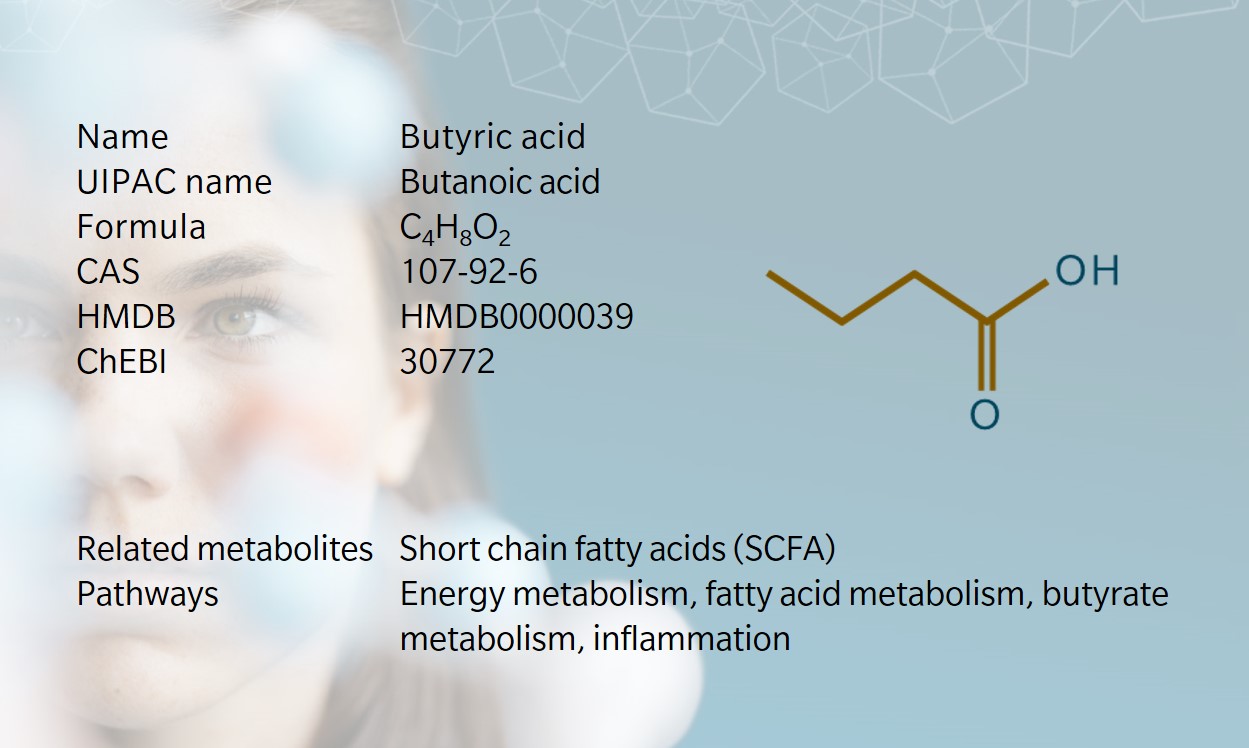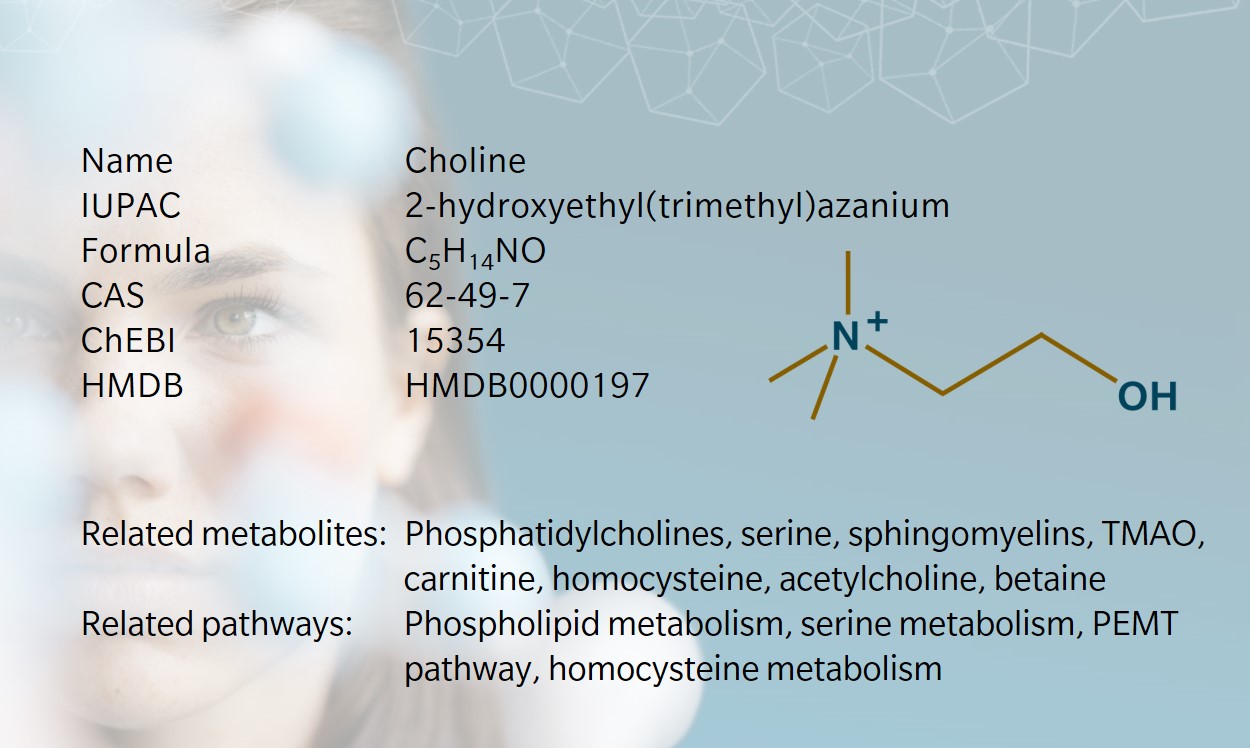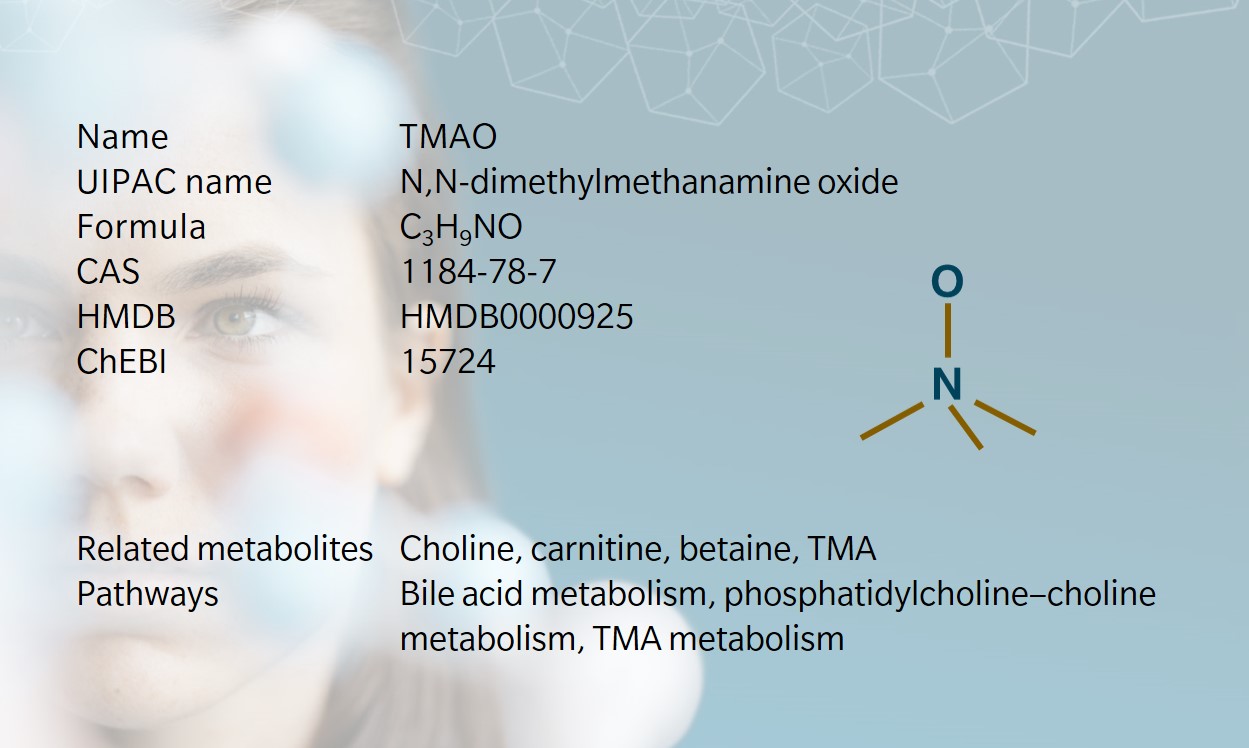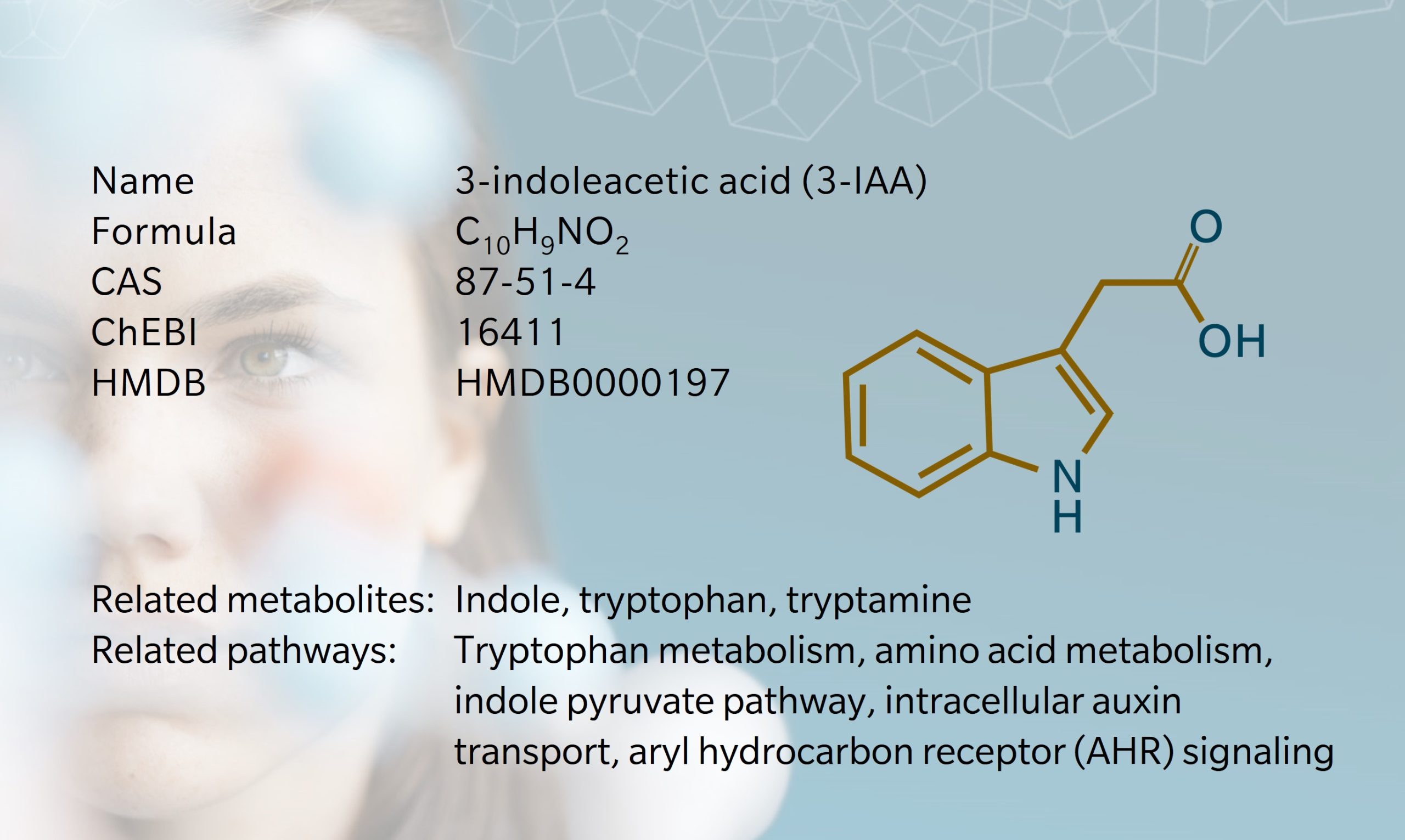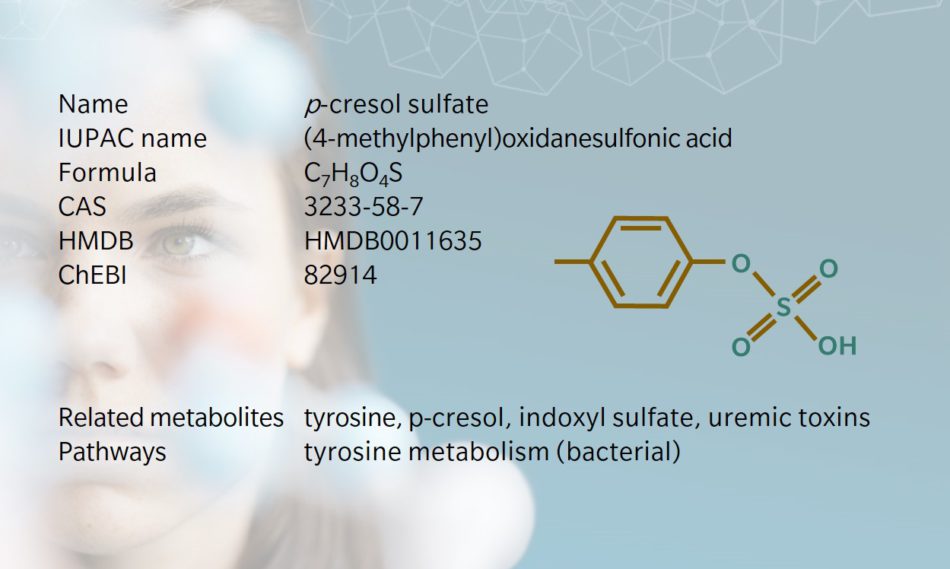
biocrates blog
Applications of metabolomics
Kynurenic acid – A neuroprotective metabolite with key roles in brain health and immune function
Metabolite of the month is your sneak peek into the world of metabolomics. In this month´s article, we took a closer look at kynurenic acid, an important neuroactive metabolite synthesized from tryptophan in the human body.
Mass spectrometry in metabolomics – From methodologies to applications
Metabolomics highlights the significant role of microbial communities in human health, driving a paradigm shift towards towards personalized, proactive healthcare.
Butyric acid – A vital short-chain fatty acid for gut health and metabolic wellness
Metabolite of the month is your sneak peek into the world of metabolomics. In this month´s article, we took a closer look at butyric acid, which is one of three common SCFAs in the human gut.
Choline – An essential nutrient for brain function, liver health, and beyond
The metabolite of this month is choline, implicated in various aspects of neurological and cardiovascular health and function.
Does metabolomics have a place in microbiome research?
Metabolomics highlights the significant role of microbial communities in human health, driving a paradigm shift towards towards personalized, proactive healthcare.
Trimethylamine N-oxide (TMAO) – A crucial metabolite linking diet, gut health, and cardiovascular risk
Trimethylamine oxide (TMAO), which has been suggested to be a “bad” metabolite
3-indoleacetic acid (3-IAA) – Exploring its impact on human health and metabolism
The metabolite of this month is 3-IAA, known as the most common plant growth hormone.
p-cresol sulfate – A key uremic toxin with implications for gut health and chronic disease
The metabolite of this month is p-cresol sulfate, a sulfate conjugate of the bacterial metabolite p-cresol, which is a uremic toxin.
The study of pre-diagnostic serum samples from the Norwegian Trøndelag Health Study (HUNT2 study) shows age-dependent differences linked to breast cancer risk
The study analyzed pre-diagnostic serum samples from healthy women in the Norwegian Trøndelag Health Study (HUNT2 study) to identify molecular biomarkers linked to breast cancer risk.
Metabolomics and application in colorectal cancer research
In this presentation Prof. Ose highlights the research conducted by an international consortium focusing on colorectal cancer (CRC) patients at the time of diagnosis.



